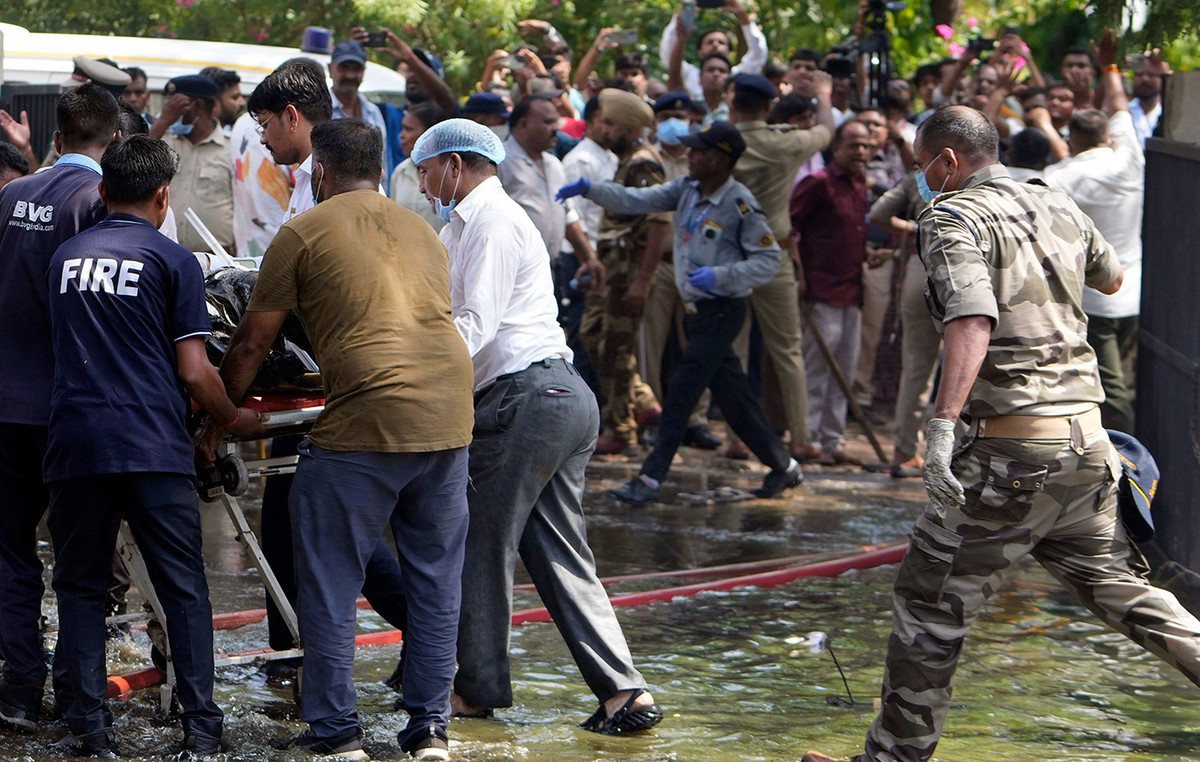People who have had the dengue vaccine or have had the disease must wait at least 30 days to donate blood. In the case of those who had dengue hemorrhagic fever, this period increases to 180 days after full recovery.
The guidelines are in a technical note, released this Tuesday (5), by the National Health Surveillance Agency (Anvisa).
The document also recommends people who have had sexual contact with someone who has dengue fever to wait 30 days to donate blood.
See all recommendations:
- People who have had common dengue must wait 30 days after complete recovery;
- People who have had dengue hemorrhagic fever must wait 180 days after complete recovery;
- People who have had sexual contact with people who have dengue fever in the last 30 days must wait 30 days after the last sexual contact;
- People who have taken the dengue vaccine must wait 30 days after vaccination.
According to Anvisa, evidence shows that there is a risk of transmission of the dengue virus through blood transfusion (around 38% transmission rate).
Therefore, hemotherapy services must guide donors about procedures in case of post-donation contamination. In this case, the person must inform the blood center immediately, especially if they present symptoms such as fever or diarrhea within 14 days of donation.
The information is necessary so that services can retrieve any blood components in stock and/or monitor the recipients of the material.
Patients undergoing treatment
The note also highlights that, according to instructions from the manufacturers of vaccines available in Brazil, patients who are receiving treatment with immunoglobulins or blood components containing immunoglobulins, such as blood or plasma, must wait at least six weeks and, preferably, three months, after the end of the course. treatment, for the administration of the vaccine.
Source: CNN Brasil
I’m James Harper, a highly experienced and accomplished news writer for World Stock Market. I have been writing in the Politics section of the website for over five years, providing readers with up-to-date and insightful information about current events in politics. My work is widely read and respected by many industry professionals as well as laymen.







